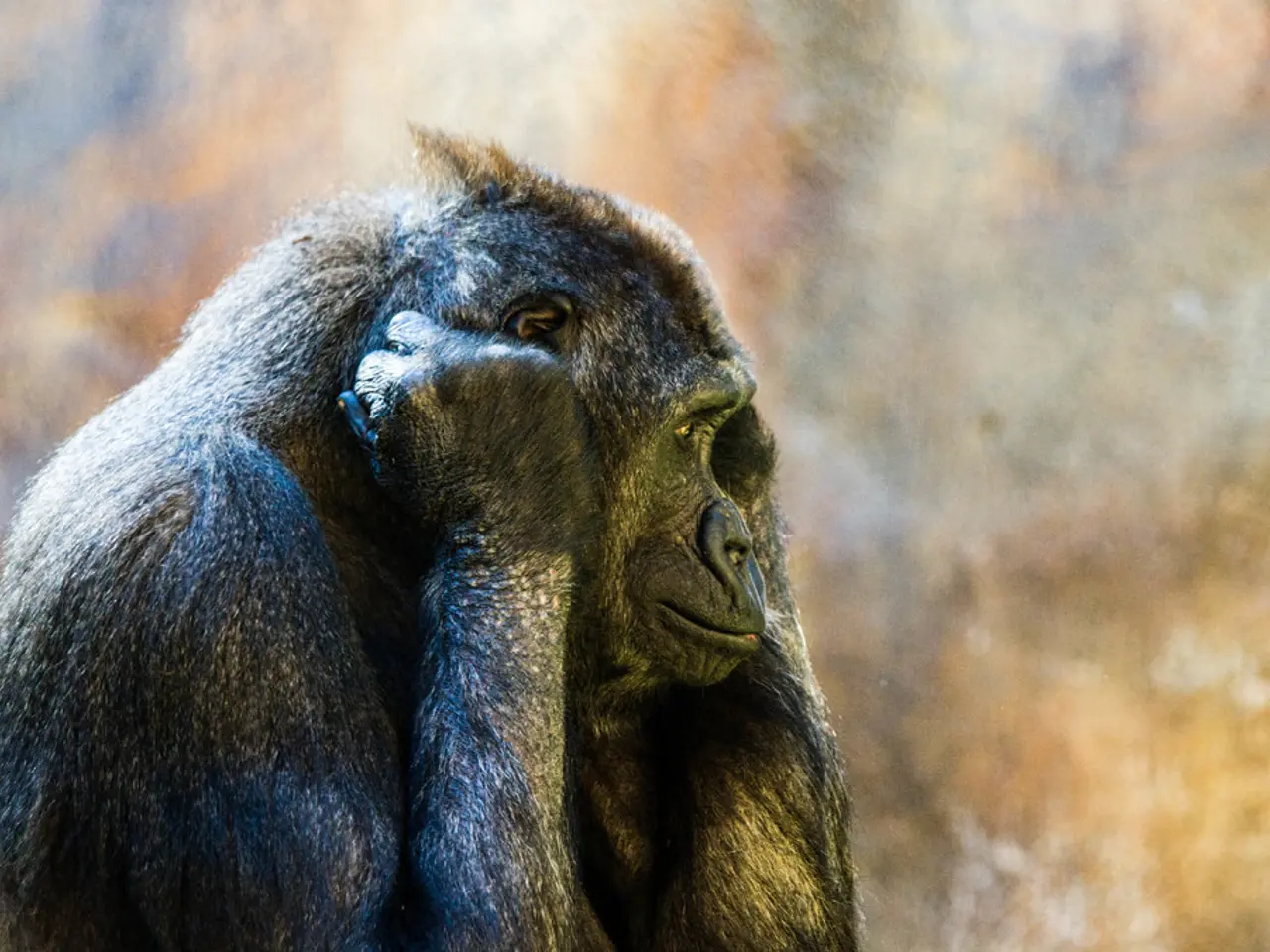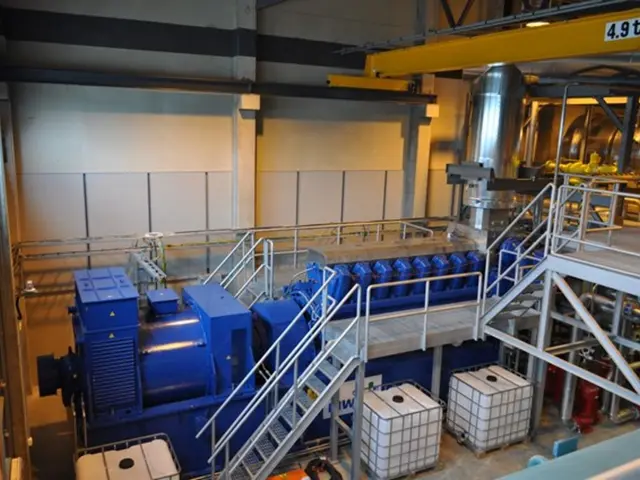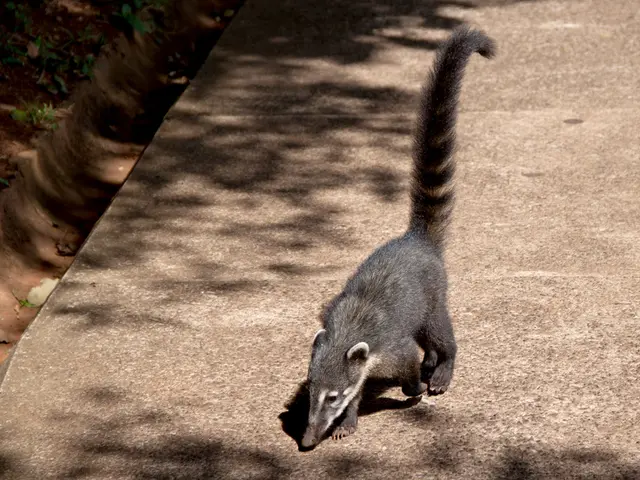Arrival of Multitudes of Endangered Primates in Canada Risks Health Concerns Amidst Research Endeavors
Canada has been importing long-tailed macaques (Macaca fascicularis) from Cambodia despite growing concerns about their origin, welfare, and potential zoonotic disease risks. The surge in the number of these macaques entering the country suggests a high demand, possibly for research or other purposes.
Animal protection groups have raised alarms about the exploitation, suffering, and death of these macaques in Cambodia. Calls have been made for the Canadian government to immediately suspend all endangered monkey imports from Cambodia due to these ethical issues.
Long-tailed macaques can carry zoonotic pathogens, notably the Herpes B virus, which can be fatal to humans if transmitted. Importing these wild-caught or inadequately screened animals poses public health risks. However, the information on whether current testing for Herpes B virus is systematically conducted on macaques imported into Canada remains unclear.
The Animal Protection Party of Canada, North America's first federal political party dedicated to the protection of all animals and the environment, is urging an immediate halt to the importation of Cambodian long-tailed macaques into Canada. The party advocates for policies that prioritize environmental responsibility, social justice, and animal welfare.
In response to the concerns, the Canadian government has stopped testing imported monkeys for Herpes B virus since May 1, 2024. However, animal protection activists and some health authorities are urging more stringent regulation and transparency regarding disease testing, including Herpes B virus, prior to and after importation.
The public can sign a government e-petition regarding the issue at
The Animal Protection Party of Canada has expressed concern about the arrival of hundreds of endangered long-tailed macaques in Canada. Handlers must wear personal protective equipment when handling the monkeys due to the presumed presence of zoonotic diseases. The monkeys were confined to transport crates for over 24 hours during the journey.
The media contact for the Animal Protection Party of Canada is Bianca Del Bois, Director of Development & Communications, who can be reached at 416-462-9541 ext. 28 or [email protected]. A photo related to the announcement is available at
- The Animal Protection Party of Canada, concerned about the arrival of long-tailed macaques from Cambodia, is advocating for a policy change that prioritizes environmental responsibility, social justice, and animal welfare.
- Due to the potential public health risks associated with the importation of long-tailed macaques from Cambodia, activists and some health authorities are urging the Canadian government to implement more stringent regulations and increase transparency in disease testing.
- News about the Canadian government's suspension of Herpes B virus testing on imported monkeys from May 1, 2024, has been met with criticism from animal protection activists and health authorities, who believe a more rigorous approach is needed.
- In Toronto, handlers working with the imported long-tailed macaques are mandated to wear personal protective equipment to prevent potential zoonotic disease transmission.
- The Canadian government's decision to stop testing imported monkeys for the Herpes B virus has raised questions about the health and wellness of these macaques, particularly during transport, where they were confined to crates for over 24 hours.
- Concerns over the exploitation, suffering, and potential zoonotic disease risks of long-tailed macaques have led to calls for the Canadian government to scrutinize and reconsider their import policy from Cambodia, particularly in the realm of environmental science and medical-conditions.




